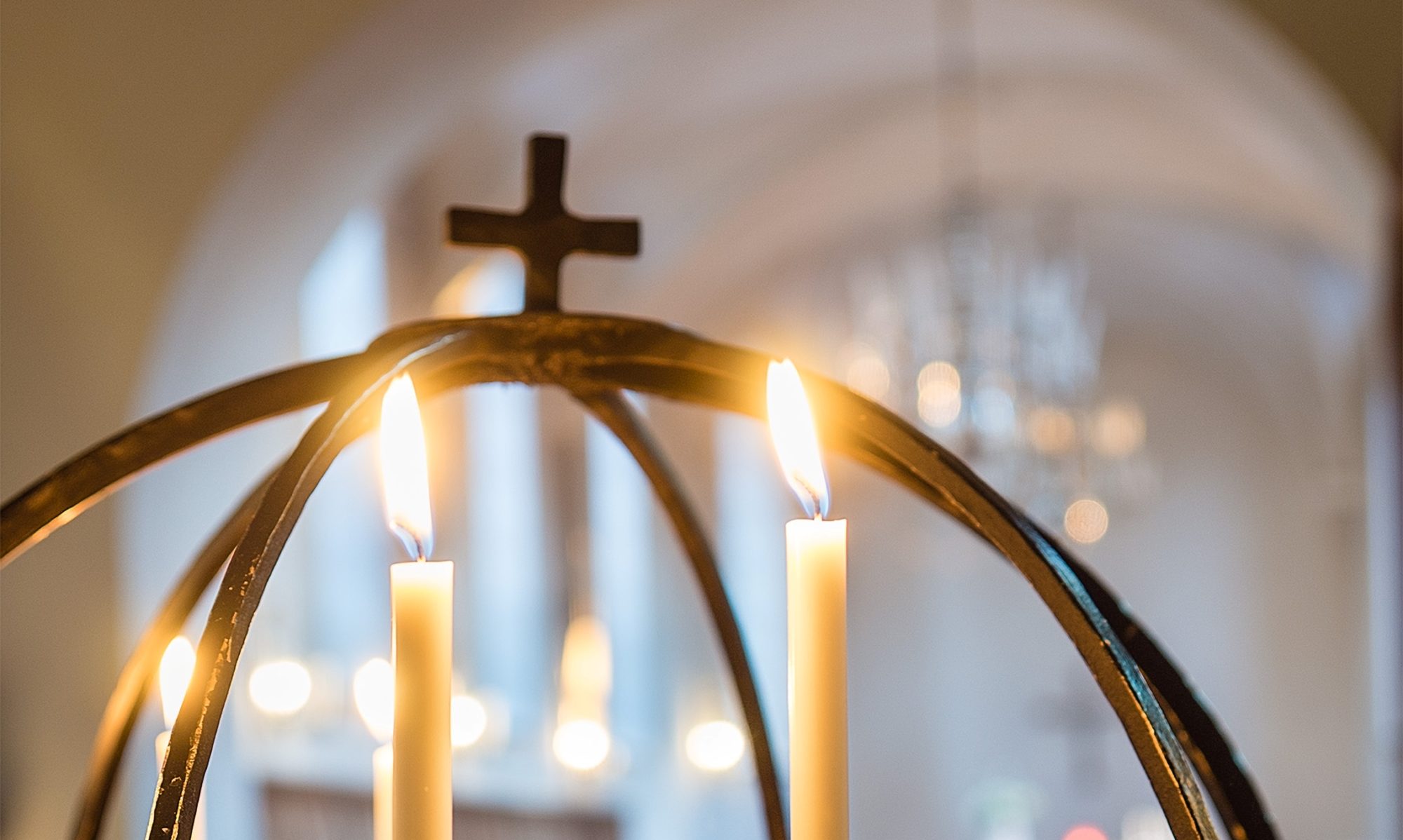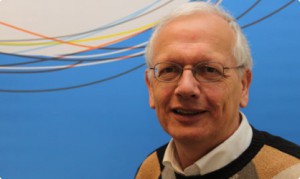A new president in the USA. What will happen there and how will the outcome of the election affect us? Definitely it is clear that the surprise of the result makes us think about developments in our own continent. How are we dealing with polls? Do we ‘just’ consider the votes and far less the reasons why people have made their choice? Do ‘we’ listen enough to sentiments and arguments of people who seem to loose far more than to gain from globalisation?
Polarisation is not new in our continent. It is already with us as I noticed when I recently listened to some colleagues in the Eastern part of Germany. They told about the careful and intense work they are doing when dealing with political views which remind too much to the period before World War II. What can academies and laity centres do? What are the options in a divided society to work on? I heard that our colleagues carefully support people from all walks of life in this region when they are looking for a society where people want to live well together. It is not so clear, obviously, what everyone is considering ‘living well’. How is this connected with the construct of an ‘identity’? What to do with the sometimes very rude way people behave towards each other? It appeared that each of the colleagues has to find a balance about the tensions they are able to deal with – and where they will withdraw. At which moments is it wise to step back, to not talk anymore, to vote against anything.
Recently in our country a book was published about the processes behind polarisation. In this book – so far only in Dutch – five roles are distinguished in polarisation processes. The first is the role of the pusher, the ones who give their stand very firm, also by hate-speech about the opponent. The second is the role of the joiner, the one who makes a choice between the two pushers and by consequence supports, mostly in a more modest way. The third role is the role of the silent ones: those who want to see both sides, who don’t speak out so far or those who consider the issue indifferent. The fourth role is the bridge-builder – mostly trying to reach out to both pushers. They generally fail, also since the pushers have no interest at all in bridging the gap. The last role is the role of the scapegoat – the person or group which cause the problems according to most others. Both the bridgebuilders and people from the silent group are candidates for this role.
This process can be seen all over Europe. And by consequence it can be one of the tasks of the members of Oikosnet Europe to make the mechanism clear – and to fight the mechanism. In general I think that as soon as a scapegoat is in view, this process is at stake. And hopefully we are found at these spots when working. At these hot spots the hard work has to be done – not just by us but definitely also with us.
Jaap van der Sar
President Oikosnet Europe

